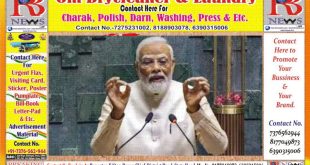The Ministry of Heavy Industries has invited other major global and domestic EV manufacturing companies, including Tesla CEO Elon Musk, to discuss the Electric Vehicles Policy on Tuesday. This meeting is to finalize the guidelines for the Scheme for Promotion of Manufacturing of Electric Passenger Cars in India (SPMEPCI) or EV Policy. According to the news of Financial Express, this is the second round of consultation on the guidelines.
Why is EV policy special
According to the news, the EV policy is designed to attract global auto manufacturers and strengthen domestic manufacturing capabilities. This policy encourages electric vehicle manufacturing companies to set up production facilities in India. It also mandates significant investment in local manufacturing and supply chain. According to the proposed guidelines, domestic value addition (DVA) will be evaluated according to the production-linked incentive scheme for automobiles and auto components (PLI-Auto). This will include spending on research and development, building EV charging infrastructure and more as eligible investments under the scheme.
What’s on offer
The EV policy also proposes a reduction in import duty for EV manufacturers who commit to investing at least $500 million (roughly Rs. 4,150 crores) in India, as well as achieving DVA of 25% within three years of operation and 50% by the fifth year. For eligible manufacturers, import tax on EVs priced above $35,000 CIF (cost, insurance and freight) will be reduced to 15% from the current rates of 70% or 100%, Financial Express reported.
These companies can also participate
Global EV companies including Tesla, Hyundai, BMW, Mercedes-Benz, Kia, Toyota and Renault-Nissan, as well as Indian automakers such as Tata Motors, Maruti Suzuki and Mahindra & Mahindra, are expected to attend the meeting. These companies were involved in the first round of consultations. Given Tesla’s history with India, its possible re-engagement is being monitored. Since then, the company’s investment plans in India have been in limbo. It is expected that discussions can begin again. Vietnam’s Vinfast, which has already committed to make significant investments in India, is another major partner.
 RB News World Latest News
RB News World Latest News






